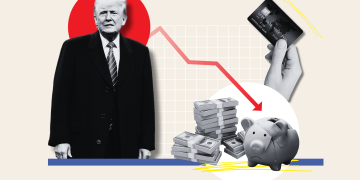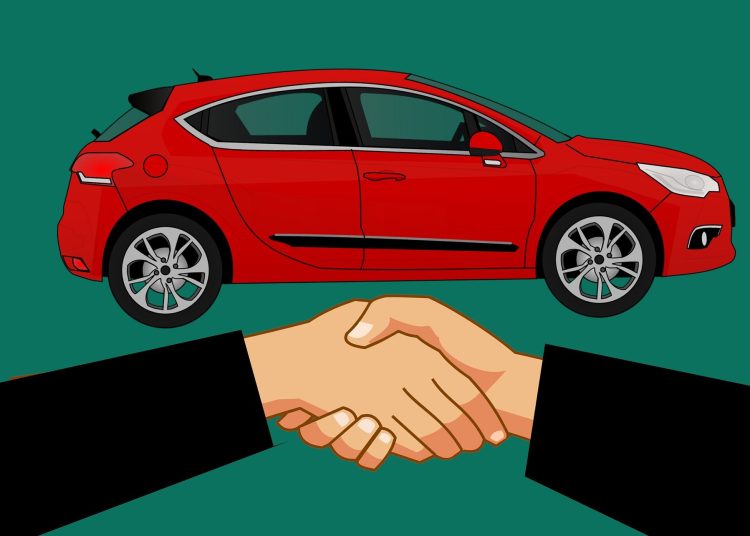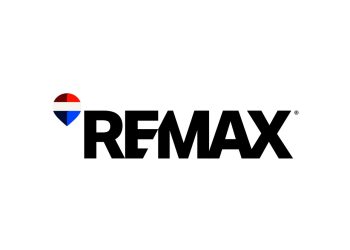Fleet managers have always had to contend with changes in the market. Public perceptions of how a company transports its goods is changing, consumer trends are changing, and business costs are going up. In this article, we will look at some ways in which fleet managers can overcome and adapt to changes and challenges in the market in the coming year.
Remote Fleet Management
The world was forced to embrace remote work at the beginning of the pandemic and there are still lots of companies that still allow for remote work. Although remote work for fleet managers was hard to embrace at first, technology has made remote fleet management easier. By giving managers real-time visibility of everything and all metrics across their fleets, remote fleet management has allowed fleet managers to embrace remote work.
Software has become a huge component in a fleet manager’s arsenal and with company budgets still as slim as they are, software has helped fleet managers keep operational costs down.
Getting Vehicle Selection Right
There is a lot of focus on the environment right now, with many customers preferring to do business with businesses that are conscious about their impact on the environment. Many businesses are also being urged to look at the CO2 emissions of their vehicles and to find ways to reduce these emissions.
Businesses that resist these changes might find themselves on the outside looking in as businesses that take these environmental issues seriously take their business and customers.
Vehicle selection is an important component in reducing CO2 emissions and helping a business that is conscious about the environment. It also plays an important part in keeping costs down. Moving from older vehicle models to newer models that have lower CO2 emissions leads to a fleet of vehicles that has a higher fuel efficiency.
For smaller fleets, businesses can start seeing a return on their investment and vehicle replacement programs in one or two years through fuel and operational savings as newer vehicles attract lower maintenance costs.
Businesses that cannot afford new vehicles and that are financially-conscious can hire newer vehicles, allowing their drivers to benefit from the latest safest technology, leading to lower emissions and leading to better fuel economy. Businesses that go this route should consider finding the best business car insurance that can be extended to include hired vehicles. This helps protect the business and its employees in case anything happens.
Addressing Operational Costs
While vehicle selection and exchange programs are great ways of saving businesses money, businesses still need to keep their operational costs in check, specifically when it comes to fuel and insurance.



























































